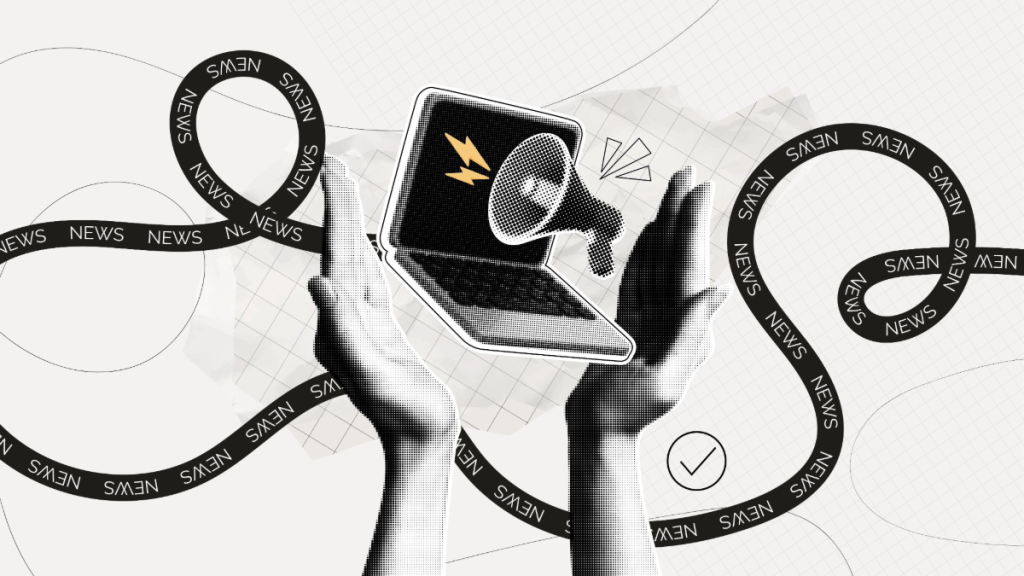Listen to the article
Outrage, Not Accuracy, Fuels Online Misinformation Spread, Study Finds
A groundbreaking study published in the journal Science reveals that moral outrage, rather than concern for accuracy, is the primary driver behind the spread of misinformation online. The research challenges fundamental assumptions about how falsehoods proliferate on social media and suggests current fact-checking interventions may be largely ineffective.
The study, conducted by researchers Killian L. McLoughlin, William J. Brady, and others, defines moral outrage as “a mixture of anger and disgust triggered by perceived moral transgressions.” Their findings demonstrate that content triggering outrage receives significantly more engagement online, with algorithms further amplifying its reach.
“Platforms have operated on the assumption that users primarily care about sharing accurate information,” explained the research team. “Our findings suggest that users often prioritize emotional resonance and group signaling over factual correctness when deciding what to share.”
The researchers examined data from Facebook and Twitter (now X) from 2017 and 2020-2021, complemented by controlled behavioral experiments. Their methodology focused on analyzing engagement with posts containing links from sources classified as either misinformation or trustworthy, rather than fact-checking individual articles – an approach they deemed more scalable and less susceptible to selection bias.
Across all platforms and time periods studied, the team consistently found that misinformation sources evoked more outrage than trustworthy news sources. On Facebook, misinformation triggered angry reactions more frequently than any other emotional response, while Twitter showed similar patterns in user replies.
Perhaps most significantly, the research revealed that outrage consistently predicted higher sharing rates, regardless of information accuracy. While outrage increased sharing for both true and false content, the effect was often stronger for misinformation. This pattern held even as audience size increased.
The study also uncovered troubling behavioral patterns. When posts received angry reactions, users were more likely to share without reading the content first – a tendency particularly pronounced with misinformation. This suggests emotional reactions, rather than information evaluation, drive sharing decisions.
“We’re seeing that outrage short-circuits critical thinking,” one researcher noted. “Users respond to the emotional trigger rather than evaluating the factual content, making platform interventions focused solely on accuracy largely ineffective.”
These findings have profound implications for social media companies and policymakers. Traditional countermeasures to misinformation, which focus on providing users with accurate information or reminding them to verify facts before sharing, may miss the mark entirely. The research suggests users sometimes knowingly share false information when it aligns with their desire to signal political affiliation or moral stance.
The authors recommend that platforms develop interventions targeting non-epistemic (emotionally driven) motives for sharing news, rather than solely focusing on accuracy reminders. However, they acknowledge their findings are based on American users on specific platforms, which may limit generalizability.
Conducting this research proved exceptionally challenging. Lead researcher Molly Crockett described a frustrating process of obtaining platform data, noting on social media site Bluesky that the team applied for Facebook data access in August 2018 but faced significant delays, technical difficulties, and legal hurdles throughout the process.
“Doing this work was way harder than it had to be, thanks to Big Tech,” Crockett wrote. She expressed concern that research conditions continue to deteriorate, with Twitter cutting off researcher access under Elon Musk’s leadership and uncertainties about continued access to Facebook data.
As social media platforms face increasing scrutiny over their role in spreading misinformation, this research provides valuable insights into the psychological mechanisms driving online information sharing. However, with platforms increasingly restricting researcher access to data and showing limited appetite for fundamental changes to their engagement-driven business models, implementing effective solutions remains an uphill battle.
Fact Checker
Verify the accuracy of this article using The Disinformation Commission analysis and real-time sources.




28 Comments
Exploration results look promising, but permitting will be the key risk.
Good point. Watching costs and grades closely.
Good point. Watching costs and grades closely.
I like the balance sheet here—less leverage than peers.
Good point. Watching costs and grades closely.
Good point. Watching costs and grades closely.
Silver leverage is strong here; beta cuts both ways though.
Good point. Watching costs and grades closely.
Interesting update on Researchers Examine Link Between Misinformation, Outrage and Social Media Sharing Behavior. Curious how the grades will trend next quarter.
Interesting update on Researchers Examine Link Between Misinformation, Outrage and Social Media Sharing Behavior. Curious how the grades will trend next quarter.
Good point. Watching costs and grades closely.
The cost guidance is better than expected. If they deliver, the stock could rerate.
I like the balance sheet here—less leverage than peers.
Good point. Watching costs and grades closely.
Good point. Watching costs and grades closely.
Interesting update on Researchers Examine Link Between Misinformation, Outrage and Social Media Sharing Behavior. Curious how the grades will trend next quarter.
Exploration results look promising, but permitting will be the key risk.
Good point. Watching costs and grades closely.
Uranium names keep pushing higher—supply still tight into 2026.
I like the balance sheet here—less leverage than peers.
Good point. Watching costs and grades closely.
Good point. Watching costs and grades closely.
Exploration results look promising, but permitting will be the key risk.
Good point. Watching costs and grades closely.
Exploration results look promising, but permitting will be the key risk.
The cost guidance is better than expected. If they deliver, the stock could rerate.
Good point. Watching costs and grades closely.
Good point. Watching costs and grades closely.